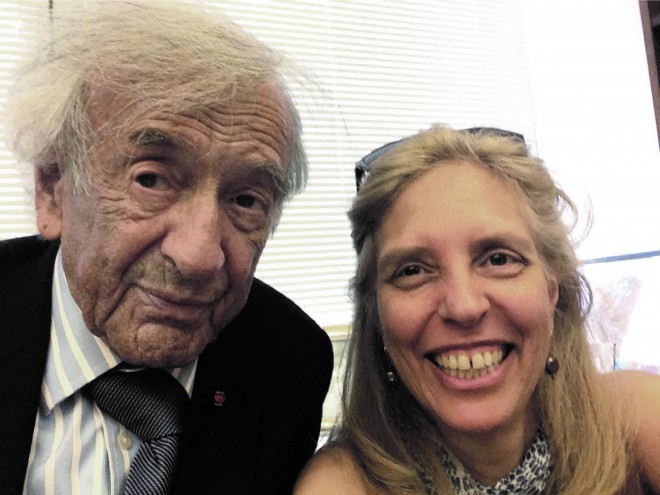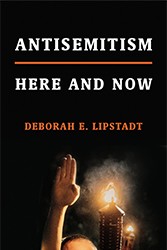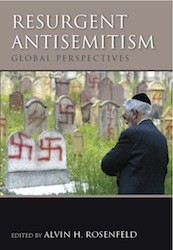This timely and highly sophisticated study by a well-respected French journalist provides new insight into the upsurge of antisemitism in France. Some of the events discussed will be familiar to readers because of their coverage by the international media; many probably will not. The various roots of the crisis are explored and at once shown to be distinctive and yet interwoven.
Weitzmann’s vivid, probing analysis rocks back and forth between the more obvious strands and the culturally complex. He explains why the explosion of antisemitism in France should have been predictable and why it nonetheless, over decades, continued to surprise. It has been a phenomenon understood in a variety of ways according to one’s social, political, religious, or cultural orientation. He suggests that antisemitism has been ripping this nation apart, and it is likely to be transplanted across Europe and beyond. The basic premise includes the disappearance of the French colonial empire; the migration of populations from the former empire’s colonies (Algeria in particular) to France; and the conditions of life for these immigrants.
The story of the Maghreb (North or Northwest African) region of Muslim Arab populations and their interaction with western culture — and to some extent Soviet/Russian culture — feature prominently. As does the story of governmental mistakes; cynical political manipulation; scapegoating; and the rapid-fire acceleration of perceived insults into murderous revenge in which nobody wins for long and blame, quite improbably in most cases, finds its way to the Jews time and time again.
France has faced many of the same problems that have troubled the United States, but on a larger scale and for a longer time. One of these problems is the confusion of possible motives for antisemitic and anti-establishment mass murders. The debate over whether a terrorist event is the work of a “lone wolf” or an established Islamist organization too often seems to be a matter of political convenience rather than demonstrable fact. For those who perish and their loved ones, the motive diminishes in importance. Weitzman explores this issue in significant detail.
Because Weitzmann’s reporting has probed so deeply over a long period of time, often working backwards from more recent events to almost forgotten ones and because he has drawn upon the perspectives of so many players, partisans, victims, and wannabes of all stripes with such caring acumen, he has provided in his eight sturdily built chapters a compelling, frightening, and absolutely necessary map of the near future.
Philip K. Jason is professor emeritus of English at the United States Naval Academy. A former editor of Poet Lore, he is the author or editor of twenty books, including Acts and Shadows: The Vietnam War in American Literary Culture and Don’t Wave Goodbye: The Children’s Flight from Nazi Persecution to American Freedom.





